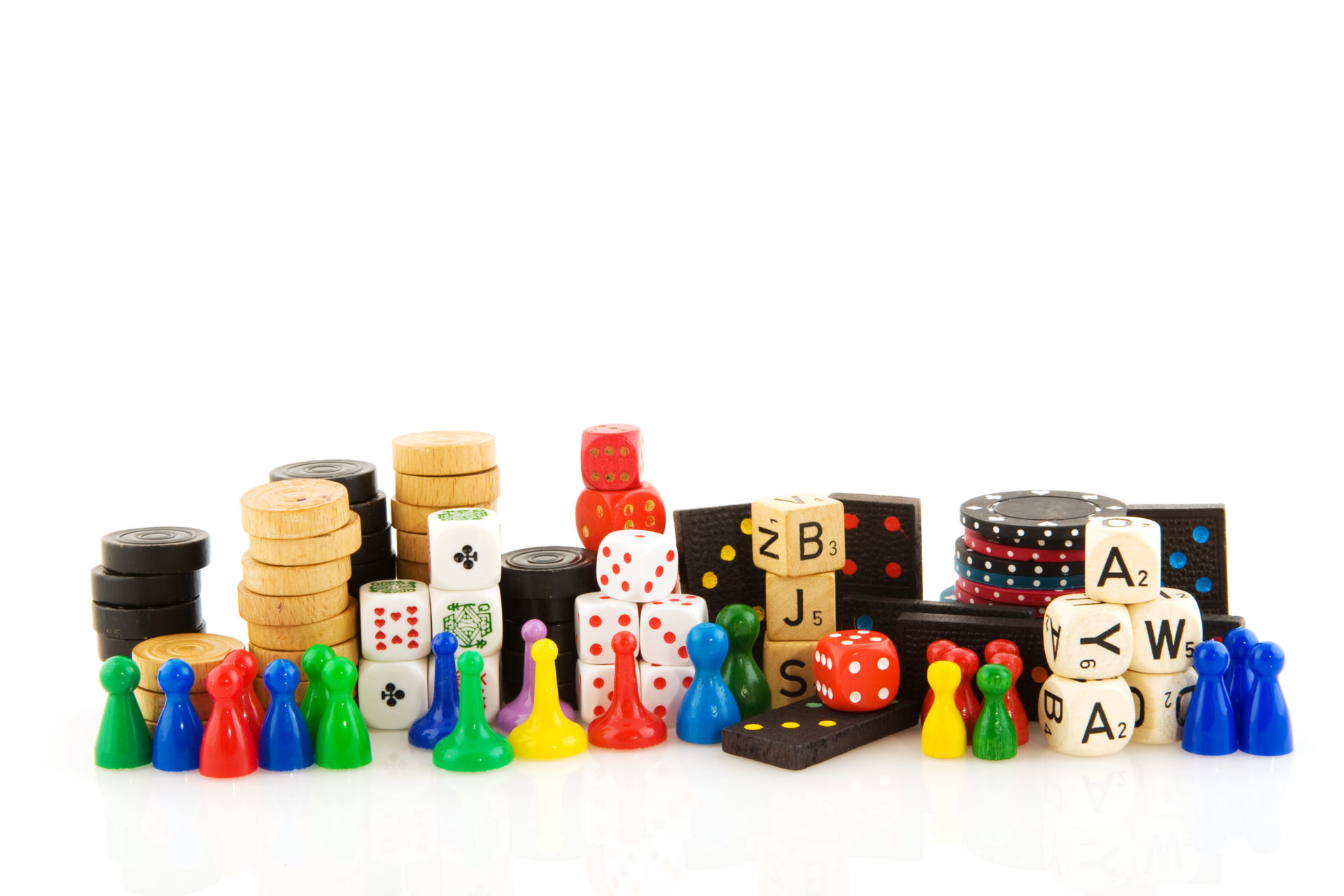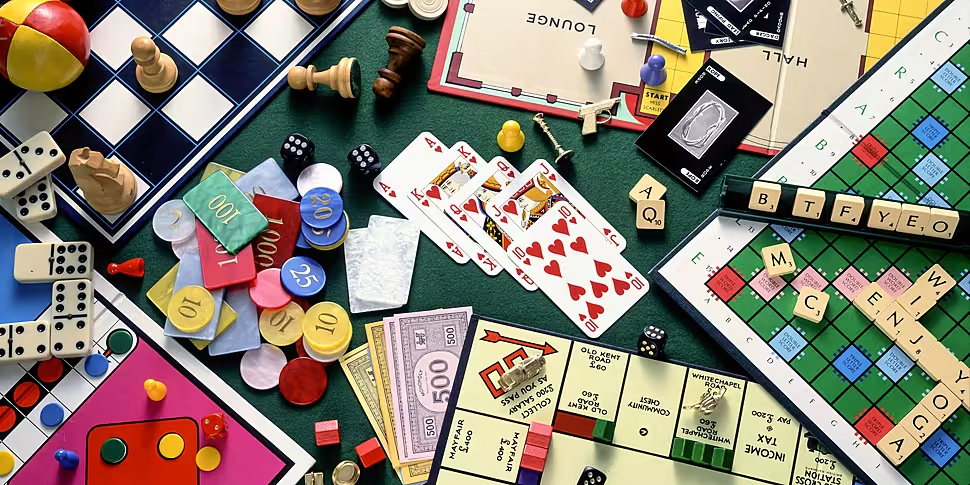Playing a few board games every week is “extremely beneficial” for relationships between parents and children.
That’s according to Trinity Professor Luke O’Neill, who explained the tested scientific benefits of playing a board game twice a week for 20 minutes.
On this week’s Show Me the Science, Prof O’Neill said a collection of studies tested children aged three to nine from the years 2000 to 2023.
The children were asked to play board games – sometimes with adult supervision – before being tested in mathematical skills.
“The children showed an improvement in 52% of the tasks that they were tested in having done the board games,” Prof O’Neill said.
“It tested four separate categories overall – numeric competency, number comprehension, deeper comprehension and interest in maths.
“You see benefits in terms of performance in those various tests for children who had been paying regular board games, especially board games that involved numbers like dominoes or Monopoly.”
 Board game pieces. Image: Martin Wierink / Alamy Stock Photo
Board game pieces. Image: Martin Wierink / Alamy Stock PhotoBeyond a better understanding of maths, Prof O’Neill explained several social benefits to 40 minutes of board games a week.
“If you play a game and parents and children play together, it's really beneficial,” he said.
“The children see the parents having a good time - Kids love to see parents being happy.
“Any parents listening know [conversations] can be very transactional - clean up your room, eat your breakfast, get your school bag ready.
“It's much more fun together where the parent isn’t doing some transaction.”
Cognitive benefits
Certain board games also provide huge cognitive benefits for children that will help them in later life.
“Lots of studies have shown other benefits [than maths],” Prof O’Neill said. “Things like colour recognition, hand eye coordination, dexterity from playing cards.
“Attention span – these days our attention spans are 10 seconds [but] if you play the game without interruption that, this gives this capacity to focus.
“Any game involving teamwork [also] benefits children because they learn the value of being in the team and how to handle others.
 Wall with shelves stacked with board games. Image: David Tran / Alamy Stock Photo
Wall with shelves stacked with board games. Image: David Tran / Alamy Stock PhotoBoard games can also introduce children to mindfulness from an early age that will reduce their anxiety in later life, according to Prof O’Neill.
“Children who play board games are less prone to anxiety, and especially socially,” he said.
“If you're playing a board game, and you're interacting with others, right, you're less you're less worried [because] you don't need to be having a conversation with somebody.
“They're focusing on the game and the rules of the game... children love that they know when to stop playing - that eases social anxiety and builds interpersonal relationships with peers.”
Listen back to this episode of Show Me the Science and more here.









